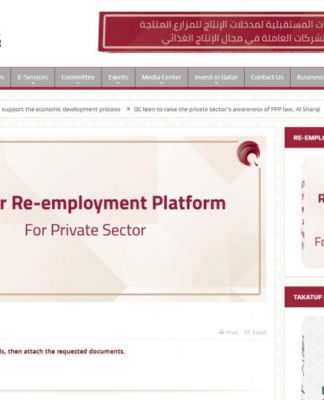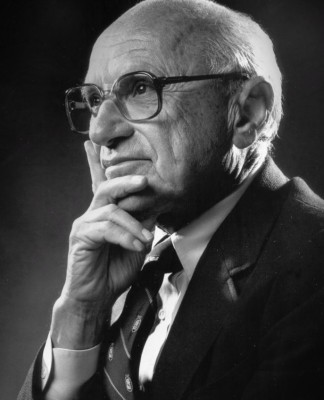10 Years As a Personal Trainer: It has been ten years since I graduated from the University of Victoria with my Kinesiology degree, and started my career as a health and fitness coach. Needless to say, a lot has changed in ten years. Trends have come and gone, new research has challenged my beliefs, and perhaps I’ve learned the most from my clients’ experience. In the past ten years, I have changed some of my own habits, as well as the ways I help clients.
I will share six lessons that I have learned since starting my career as a personal trainer, and how you can apply these lessons I learned, to improve your own health. I will share the first three lessons in this article, and the next three in my next article.
- Starting a diet or exercise program only to lose weight is a sure-fire way to lose motivation. People either want to move away from something negative, or toward something positive. Many, I’d even say, most, people start an exercise program because they want to move away from their current state of health. They are unhappy with their appearance. Many have focused on family or career and are disappointed that they let their body go. The dissatisfaction with oneself is a good reason to start, but won’t be enough to keep going and to make a lasting change. The first reason is that as soon as some of the negative feeling passes, (perhaps you lose a few pounds), the pressure to stick with the program lessens. You may relax a little and can easily slip into old habits. The second reason is the scale may not move, or move as quickly as you want it to. Imagine sticking perfectly to a program, and two weeks later on your weigh in you are exactly the same weight? Chances are you, you would feel defeated, and think ‘what’s the point?’.
Take Action: First, make a list of all the positive advantages of sticking to a healthy eating and exercise program. Perhaps you want to have more energy, or want to be a good role model for your kids. Read the list daily to remind yourself why you are on this journey. Second, redefine success. Create action-orientated measures of success instead of a number on the scale. For example, success could be walking three days per week, or planning your meals each week.
- What you eat isn’t as important as why you eat. Ten years ago I understood that nutrition was an important part of how one looks and feels. I did believe, however, that the path to success was as simple as drawing up a plan of how many calories to eat, what type of foods, and what foods to avoid. I quickly learned that most people’s problem with food was not due to lack of knowledge, but because their eating decisions were dictated by emotions. We eat when we’re tired, bored, stressed, happy, when we need love and connection, because we are putting off doing something that we don’t really want to do.
Take Action: Emotional eating is a topic that is too big to tackle in a paragraph, or even an entire article. You can start, however, by becoming aware of your emotions. Before you eat, ask yourself the simple question “Am I hungry?”. If the answer is no, and you’re still wanting to eat, you need something else. A worthwhile resource on emotional eating is “Eat what you love, love what you eat” by Michelle May.
- Exercise is not the answer to weight loss. I used to think that if someone wanted to lose weight, they just needed to workout more. While this idea is sound in theory, it often doesn’t work out in real life. While exercise is important in weight loss and weight maintenance, but not necessarily because of its calorie burning effect. For example, exercise improves mood and overall sense of wellbeing, giving you energy and stamina to make other healthier choices. Strength training build muscle, which improves body composition and helps to maintain your metabolism while you lose weight. Exercise helps you sleep better. Sleep deprivation interferes with appetite-suppressing hormones, increases stress hormone levels, and decreases a person’s glucose tolerance, all of which may contribute to weight gain. Another way sleep loss may help pile on the pounds: late-night munching. Exercise helps to manage stress; stress hormones are linked to increased abdominal fat. Exercise improves creativity, memory, and mental acuity. Exercise just simply feels good.
Take Action: Similar number one on my list, focus on the positive benefits of exercise rather than a means to burn calories or lose weight.
In my next article I’m going to share with you three more things I’ve learned, including a bit about fat and how you should spend your time at the gym.
Tanja Shaw is the owner of Ascend Fitness Inc., a private training studio. Tanja and her team of expert fitness professionals work to inspire and educate Chilliwack residents to make positive and power changes in their lives through physical fitness and sound nutrition. For more fitness tips go to http://www.ascendfitnesscoaching.com.

Article Source: http://EzineArticles.com/?expert=Tanja_M_Shaw
Article Source: http://EzineArticles.com/8751797



































